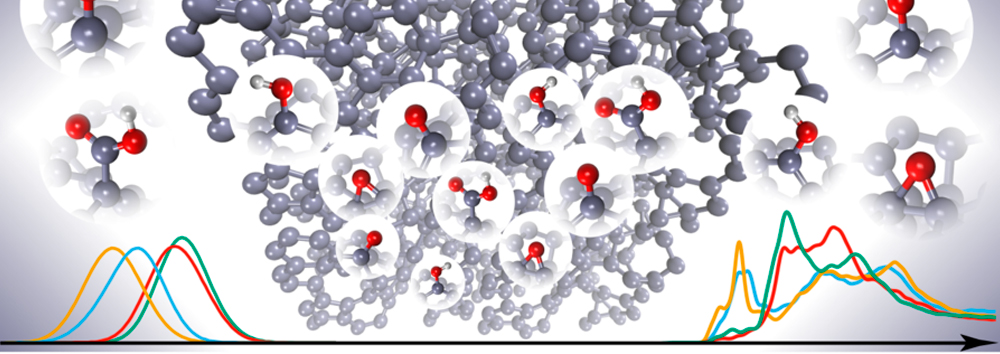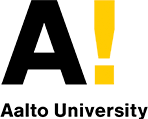Sensors manufactured with carbon-based materials can provide uniquely accurate and real-time information on hereditary diseases or the concentrations of drugs in the body. In addition to medicine, carbonaceous materials are used in batteries, solar cells and water purification.
Other elements, such as hydrogen and oxygen, are almost always present in carbon-based materials, which alters the materials’ properties. Therefore, modifying materials for desired applications requires atomic-level knowledge on carbon surface structures and their chemistry. Researchers at Aalto University, the University of Cambridge, the University of Oxford and Stanford University have now taken a significant new step forward in describing the atomic nature of carbonaceous materials.
Detailed information on carbon surfaces can be obtained by X-ray spectroscopy, but the spectrum it produces is challenging to interpret because it summarises information from several local chemical environments of the surface. The researchers have developed a new systematic analysis method that uses machine learning to integrate the computational model (density functional theory) with the experimental results of the carbon sample. The new methodology allows the experimental spectrum produced by X-ray spectroscopy to be separated into atomic-level data
About Aalto University
AALTO University is a multidisciplinary university in the fields of Science and Technology, Economics, Architecture, and Art and Design. It has 409 faculty members and a student body of 20,000, 70% of which are students in Science and Technology. AALTO University was founded in 2010 by merging three Finnish universities: The Helsinki School of Economics, The University of Art and Design Helsinki, and Helsinki University of Technology. The three schools are all leading institutions in their respective fields and in their own right. Aalto University is a multidisciplinary community where Science and Art meet Technology and Business. The university is committed to identifying and solving grand societal challenges and building an innovative future.



